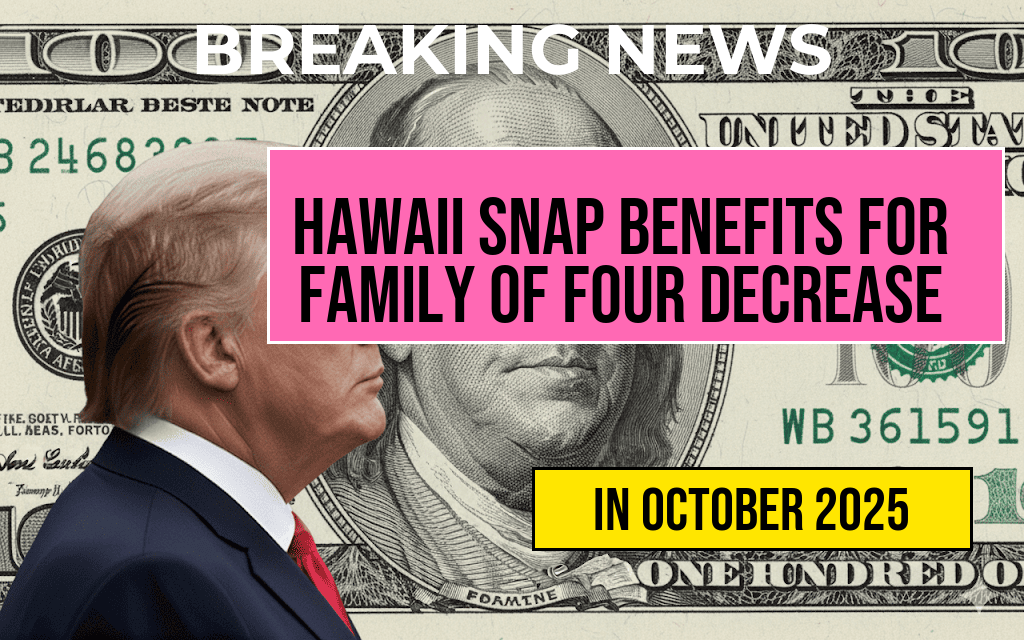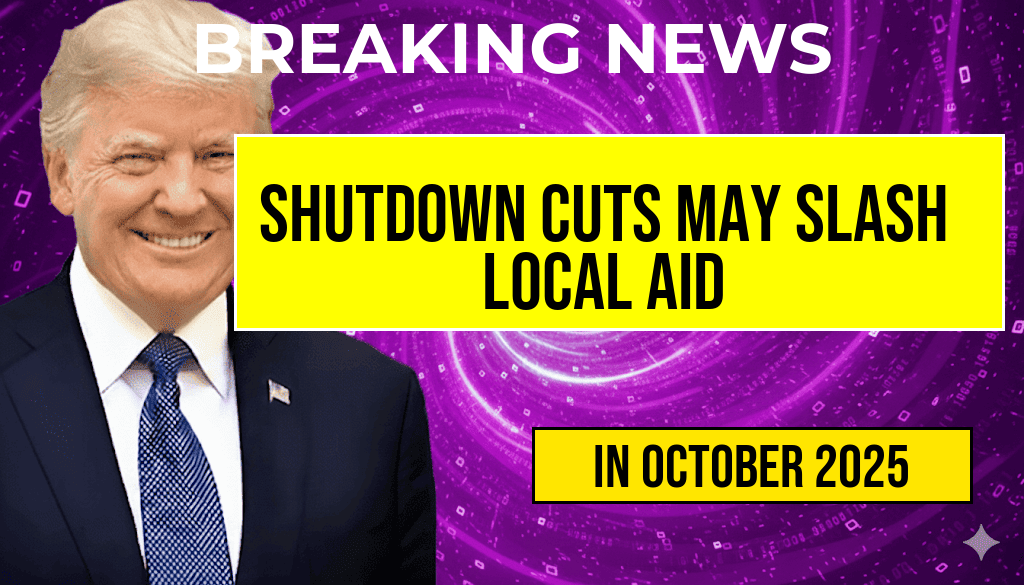The Supplemental Nutrition Assistance Program (SNAP) benefits for a family of four in Hawaii have seen a significant decrease this year, dropping to $1,689 from the previous amount. This reduction has raised concerns among residents who rely on these benefits for their daily sustenance. The changes in SNAP benefits are attributed to several factors, including adjustments in the cost of living, updates in federal policies, and the expiration of temporary increases that were implemented during the pandemic. As families navigate these shifts, understanding the rationale behind the decreased benefits becomes essential for those affected.
Understanding the SNAP Benefit Structure
SNAP, formerly known as food stamps, is a federal assistance program designed to alleviate hunger and improve nutrition among low-income households. The program provides monthly benefits that can be used to purchase food at authorized retailers. The amount of assistance a family receives is determined by various factors, including household size, income, and expenses.
Current Benefits for Hawaii Families
For a family of four in Hawaii, the new monthly benefit amount of $1,689 represents a noticeable change. Below is a comparison of the previous and current benefits:
| Year | Monthly Benefit |
|---|---|
| 2022 | $1,980 |
| 2023 | $1,689 |
Reasons for the Decrease
The decline in SNAP benefits for Hawaii families can be attributed to several intertwined factors:
- Expiration of Emergency Allotments: During the COVID-19 pandemic, emergency allotments were introduced, which temporarily increased SNAP benefits. As these emergency measures have ended, many families are seeing a return to pre-pandemic levels.
- Cost of Living Adjustments: The cost of food and living expenses fluctuates, and SNAP benefits are periodically adjusted based on these changes. The current economic landscape has contributed to the revised benefit amounts.
- Federal Policy Changes: Changes in federal policies regarding SNAP eligibility and benefits can affect the total assistance provided to families. Recent legislation has focused on recalibrating the program to better align with current economic conditions.
Impact on Families
The reduction in SNAP benefits has significant implications for families across Hawaii. Many families depend on these funds to cover essential groceries, and the decrease may lead to difficult choices regarding food expenditure. According to recent studies, families may need to adjust their budgets, prioritize necessities, and seek additional assistance from food banks and community organizations.
Community Responses and Support
In response to the decrease in SNAP benefits, local organizations and community groups have ramped up efforts to support families in need. Food banks and charitable organizations are seeing increased demand for their services. Initiatives such as food drives, meal distribution programs, and educational workshops on budgeting and nutrition are being implemented to assist those affected by the changes.
Efforts to advocate for increased SNAP benefits are also underway. Local advocacy groups are pushing for policy reforms that would restore the higher benefit amounts or enhance overall support for food assistance programs. Engaging with lawmakers and community leaders is a crucial part of this advocacy, as they aim to address food insecurity in the state.
Looking Ahead
As Hawaii families adjust to the new SNAP benefit levels, the landscape of food assistance continues to evolve. With inflation and rising costs of living, the challenges surrounding food security are likely to persist. Ongoing dialogue about the effectiveness of SNAP and its ability to meet the needs of families is essential in shaping future policies.
For those interested in learning more about SNAP and its regulations, resources such as the USDA Food and Nutrition Service and Hawaii Department of Human Services provide valuable information regarding eligibility, application processes, and assistance options.
Frequently Asked Questions
What are Hawaii SNAP benefits for a family of four?
The Hawaii SNAP benefits provide financial assistance to eligible families, helping them purchase food. For a family of four, the benefits have decreased to $1,689 this year.
Why did the SNAP benefits decrease for families in Hawaii?
The decrease in SNAP benefits for families in Hawaii is attributed to several factors, including changes in federal funding and adjustments in the cost of living calculations.
How does the cost of living affect SNAP benefits in Hawaii?
The cost of living in Hawaii is one of the highest in the nation, which typically influences SNAP benefits. However, recent evaluations led to a reduction in the support amount despite high living costs.
Are there any alternatives for families struggling with lower SNAP benefits?
Families facing challenges due to lower SNAP benefits can explore alternatives such as local food banks, community assistance programs, and state-funded initiatives designed to help those in need.
How can families apply for SNAP benefits in Hawaii?
Families can apply for SNAP benefits in Hawaii by visiting the Department of Human Services website or contacting local offices for assistance with the application process.







